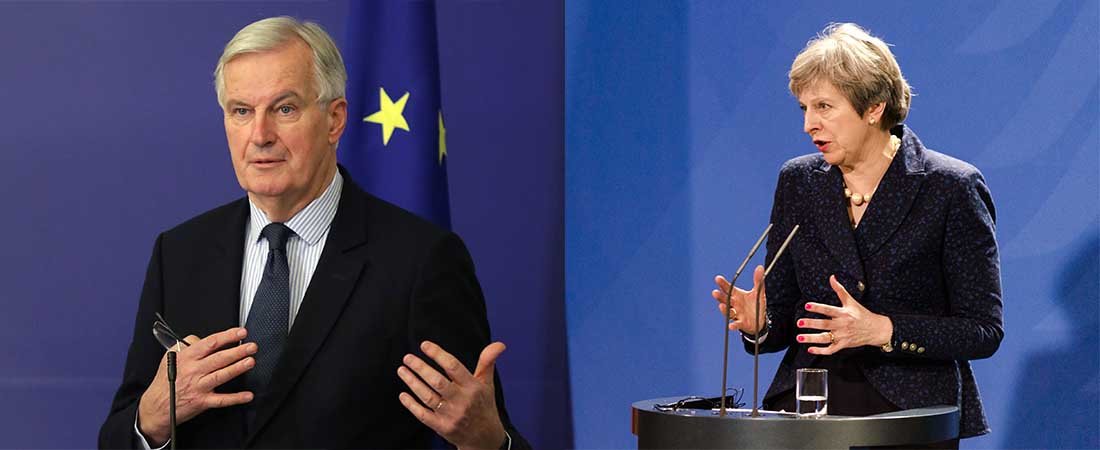After weeks of feverish media commentary, Theresa May emerged from last week’s crunch talks at Chequers with a fragile Cabinet truce around the concept of ‘managed divergence’. This week, the spotlight has moved to Jeremy Corbyn coming out for customs union membership and speculations that rebel manoeuvres in Parliament could embarrass the government.
The Brexit show goes on in the Westminster bubble with little attention given to what’s happening in the Brussels bubble, let alone in European capitals. But in the end, Brexit will happen on both sides of the Channel, not just the UK.
The EU has its hands full with a number of important and contentious issues, which simultaneously complicate the UK’s departure while pushing it down the pecking order.
Negotiations over the next Multiannual Financial Framework (MFF), the budget for 2021-27, are sensitive with Brexit leaving an £11bn hole in the EU’s kitty each year. Some propose increasing taxes to bridge the gap, while others have big budget items, like the common agricultural policy, in their sights.
Growing discord between member states is fuelling calls, in Germany and beyond, for the budget to be used as a means of punishing countries who fail to respect the rule of law. Potential cuts in funding over what are in essence domestic issues have Poland and Hungary – two likely targets – up in arms.
Despite these roadblocks, the EU aims to wrap up the MFF before the 2019 European Parliament elections, which themselves throw up challenges.
First of all, the EU must decide to redistribute or scrap the 73 seats currently occupied by British MEPs. Emmanuel Macron proposed transnational electoral lists to fill these seats – the European Parliament and most member states were quick to reject the idea, which has now been shelved until the 2024 elections.
The process of selecting the next Commission president has also led to an institutional tussle between the Council and the Parliament. National leaders want to keep their right to propose candidates, while legislators favour Spitzenkandidaten – Brussels-speak for each group in the Parliament putting forward their choice before the European elections.
The prelude and aftermath of major elections have put the brake on politics in the continent, especially in its first and third biggest economies. The results of the Italian election, which could herald a right-wing-populist government, and the SPD consultation on German grand coalition are both expected on Sunday.
With all this on the Brussels agenda, Brexit drops down the priority list. And EU leaders will have little rope with the “three baskets” approach settled on last week. It’s already been mocked as “pure illusion” by Donald Tusk. But in the end, Brexit is a negotiation and we’ll invariably end up somewhere in the middle. To get there, it’s time for Britain to stop its navel-gazing and fixation on the domestic political sideshow.
Brexit will be negotiated in Brussels, not Westminster, and it’s just a year away.

